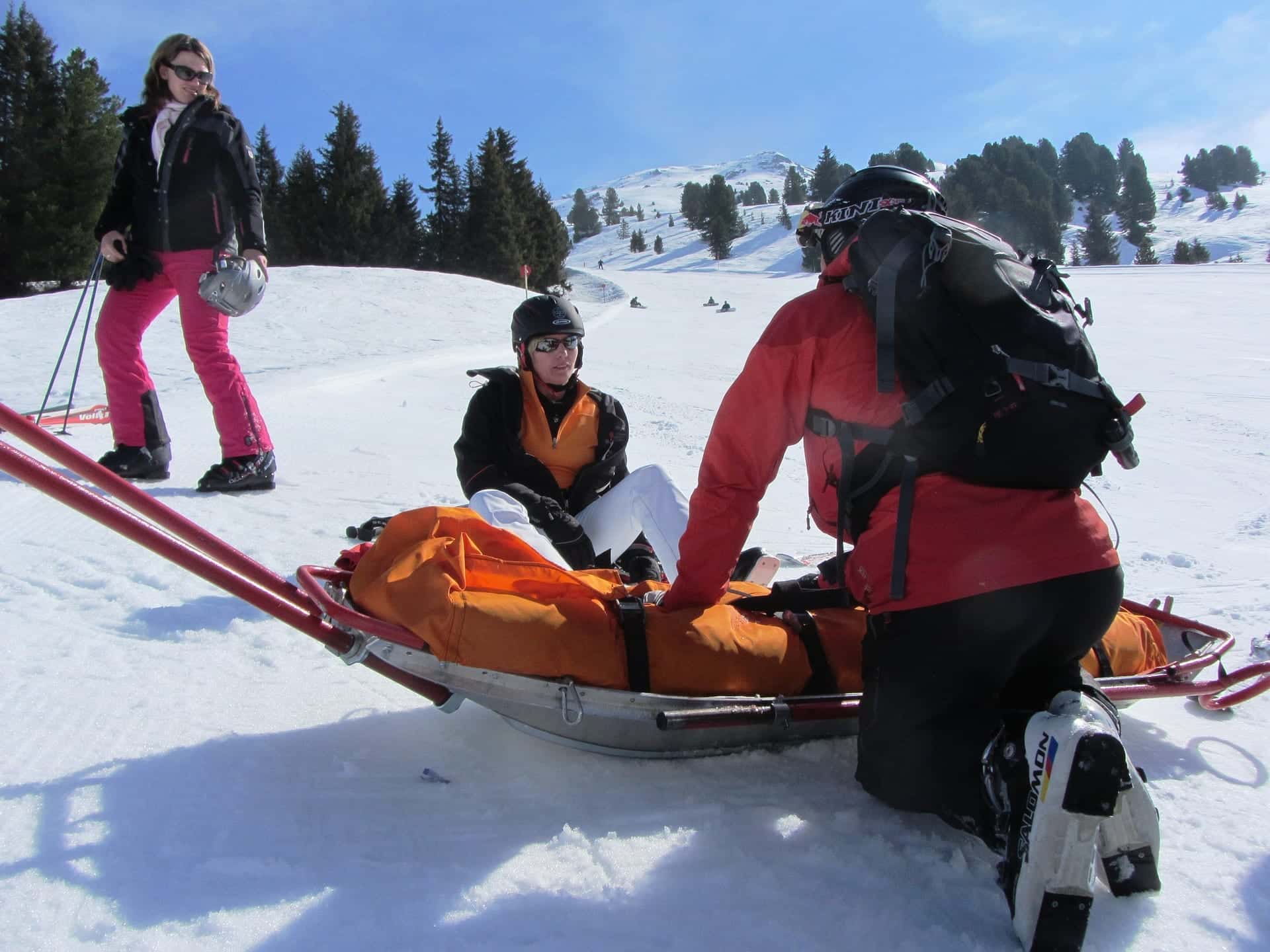Winter is a beautiful time of year. With snow falling and ice crystals appearing on the trees, many consider it the most wonderful season. However, wet pavements, slippery snow or ice, and bitter cold increase the chance of injury. Whether you’re driving, engaging in a wintertime sport or even doing a simple task, you could experience an orthopedic injury.
Prevention is the key to enjoying this time of year. To decrease the risk of winter spine injuries, here are some common red flags to be aware of so you can stay happy and healthy.
Winter-Time Incidents That Lead to Injury
Snow and ice can make even mundane chores more dangerous. Something as simple as shoveling snow or driving to work could result in all manner of orthopedic injuries. Some of the most common winter injuries we see include:
- Back injury and acute pain
- Neck pain and tension
- Sprains and strains
- Fractures
- Spine injuries
Because of this, you should take caution. The following are some of the most common incidents that lead to winter orthopedic injuries.
- Slipping or Falling in the Ice and Snow: Walking from your car to your front door is something you do every day. So, you may not think about the added danger that ice and snow can produce. What looks like a puddle of water may actually be a frozen sheet of ice. Slick pavement leads to a terrible fall, which can potentially cause many different orthopedic injuries. Even if you don’t fall, skidding on the ice and jerking your body to prevent a spill can cause you to pull or strain a muscle in your back. Be sure to take extra precautions and look out for ice.
- Shoveling or Scraping Snow and Ice: Winter’s most common chore causes a surprising number of doctor visits every year. When the snow piles up, you get out the shovel and clear a path. And if it’s packed on top of your car, you have to scrape it off to get to work. However, this simple task takes a lot of physical exertion. Every year, more than 11,000 people go to the hospital with snow-shoveling injuries. Even if it needs to get done quickly, take care. Don’t over-exert yourself to the point of an injury.
- Driving Accidents: When the office isn’t closed because of the snow, that means we have to risk the roads to get to work. Adverse weather leads to over one million crashes every year. If you can’t stay home, practice safe driving techniques while on the road: Take it slow, learn evasive maneuvers and don’t slam on your breaks if you hit a patch of ice. Car crashes can lead to all sorts of orthopedic issues depending on the manner of the accident. And the effects of these injuries could be felt for years to come.
- Winter Sports: Snowboarding, skiing, sledding and ice skating are just a few of the popular activities that many people relish all winter long. Enjoying these sports with your family creates incredible memories that last a lifetime. We’re not recommending you should stop these amazing experiences. However, many of these activities can lead to serious orthopedic injury. Before hitting the slopes or taking to the ice, be sure you receive proper training. And always be aware of the people around you, as many injuries occur due to collisions with others who are also enjoying these winter sports.
If a wintertime orthopedic injury is causing you pain, contact us at NJ Spine & Orthopedic. After an initial consultation, we’ll be able to assess your condition and help you get the treatment you need to live pain-free.

